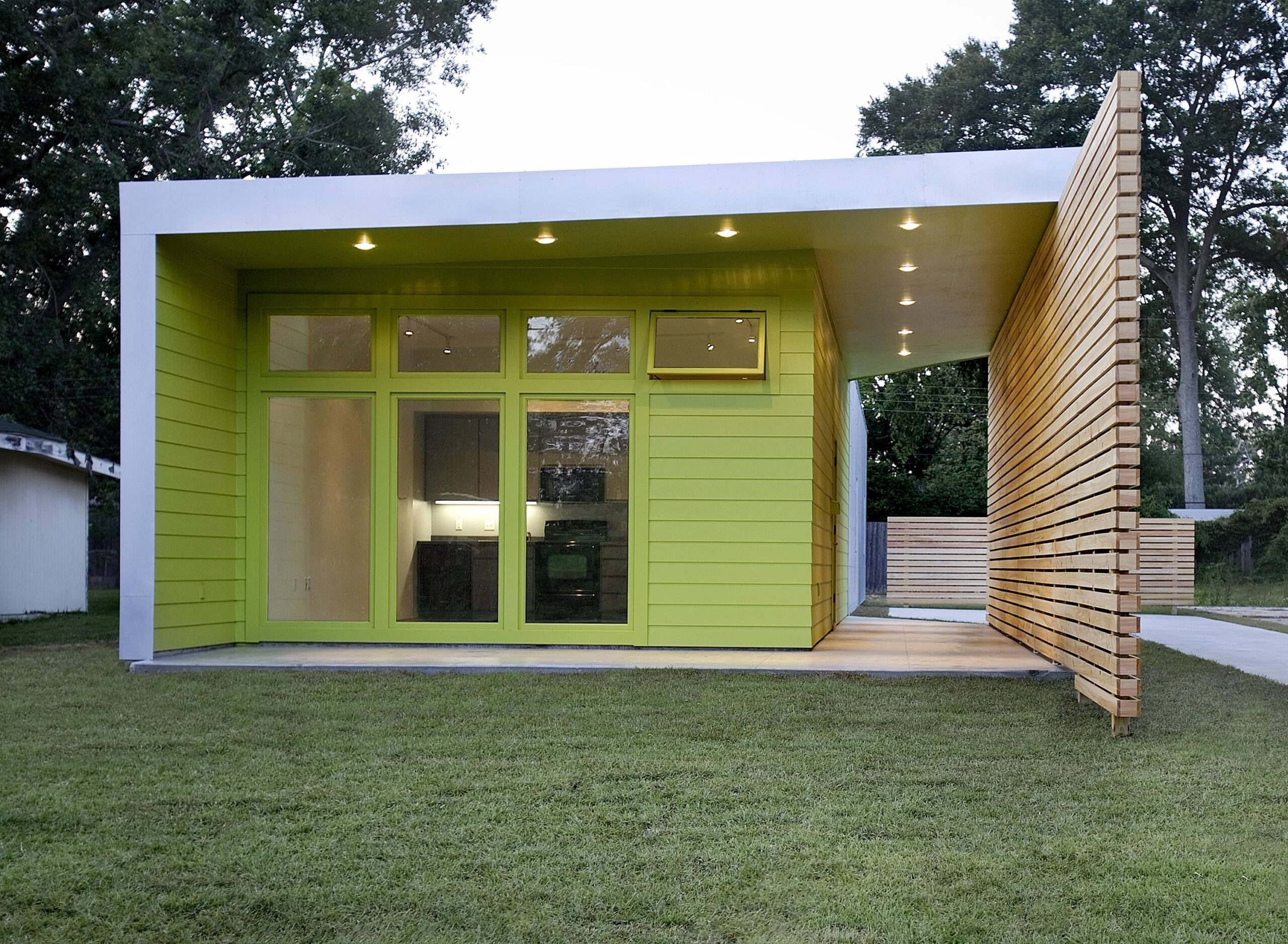
I was taught to value work, especially work that contributes to the flourishing of people. However, in our society the work we do has become intertwined with our identity and perceived self-worth. We are constantly being evaluated and compared to those around us. How much money do we make, what are our accomplishments, what is our title/reputation? Regardless of the fairness or efficacy of any specific evaluative mechanism, they have consequential impacts, often determining opportunities afforded to us and the prospects of professional advancement. Although not a popular or common mindset these days, I have always thought of myself as someone more comfortable in the trench, absorbed with the day-to-day work itself.
I have always seen the benefit and reaped satisfactory rewards by methodical incremental progress toward achieving a particular end. I remember my father, who was quite brilliant, saying regularly about our family, “We are not the smartest folks, but we work hard.”
On the first day as a junior designer, I remember the lead designer asking me to lay out a tile pattern for the restroom floor of an elementary school. The limited nature of the task was a bit startling, but I started to work. I thought about the compositional moves made up to this point. I thought about the children and how I could design the floor to make their experience delightful and surprising yet sophisticated. I even thought about the janitor that would be tasked with cleaning and maintaining the floor. I did my very best to design something that would enrich their lives, albeit in perhaps a small way. As a result of the work that day I was incrementally trusted with greater and greater responsibilities. I later found out this was a test of sorts, to see if I understood the importance of every detail in a project. No design task was too small or insignificant.
Later in my career I co-founded a design/build firm where I designed every project like it was my own. I imagined myself working and living in every building I designed. I imagined living in the neighborhood and having to look at and interact with the building every day. I tried to consider how the structure could enrich people’s lives. Regardless of how wealthy, powerful or enlightened the client was or how big the budget was, I designed the project with the same mindset and rigor as the restroom floor. As a result, our firm attracted clients searching for quality and value on a tight budget. In spite of our modest commissions, we managed to win dozens of AIA Design Awards including an AIA National Small Projects Award on a simple home (shown here) for a family displaced by Hurricane Katrina — that commission was obtained after numerous firms turned it down because it would not yield a profit. It was not my intention to do this type of work, but if you take every design opportunity seriously and use it as an opportunity to help others flourish, you will never wonder why you are doing what you do.
